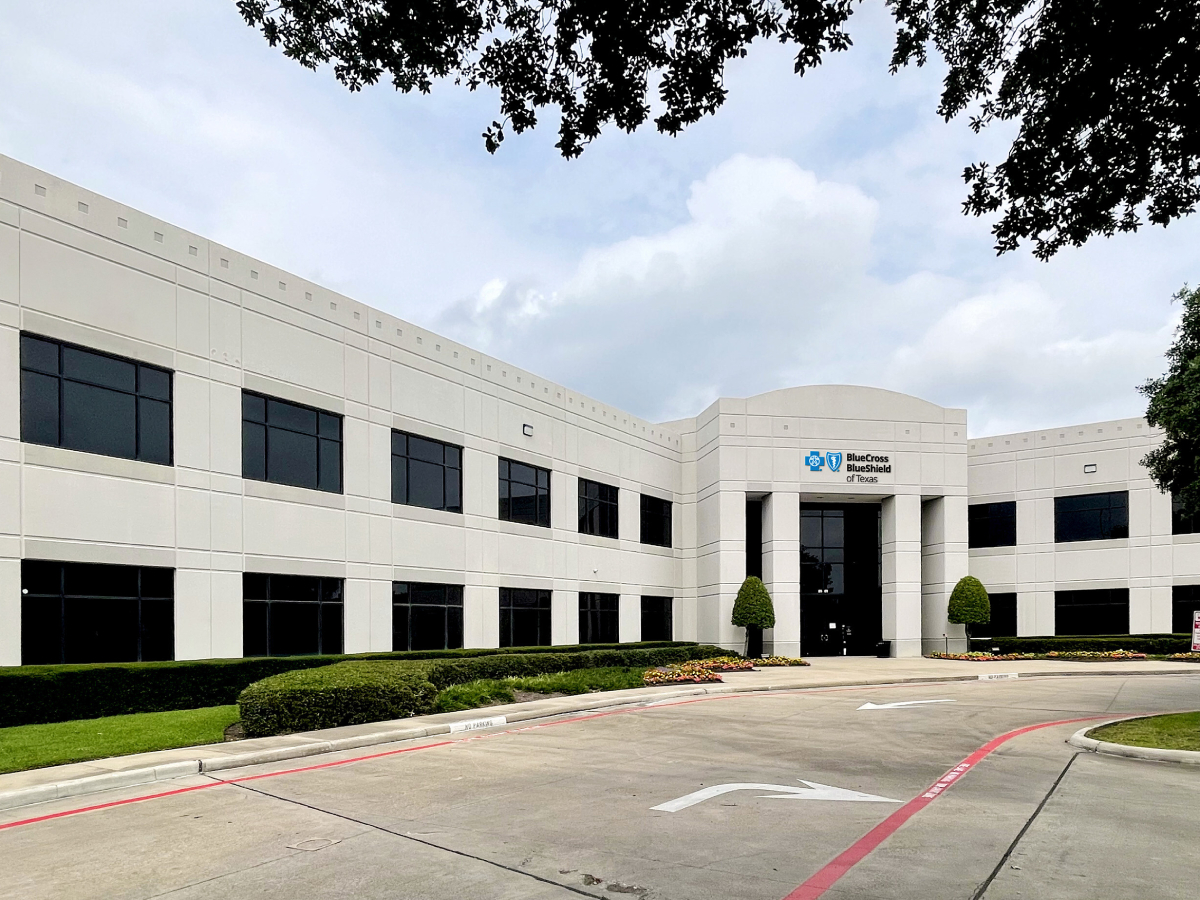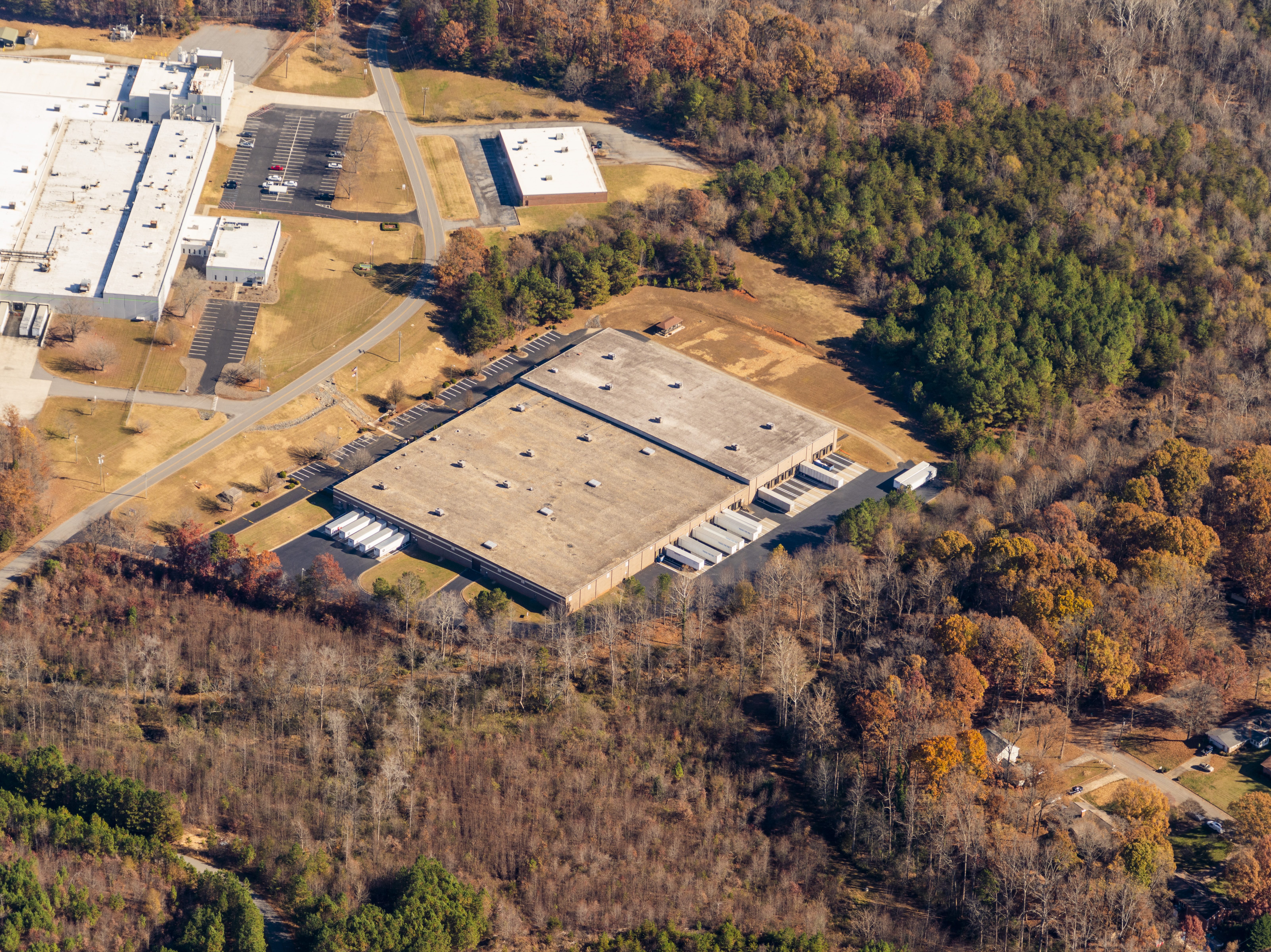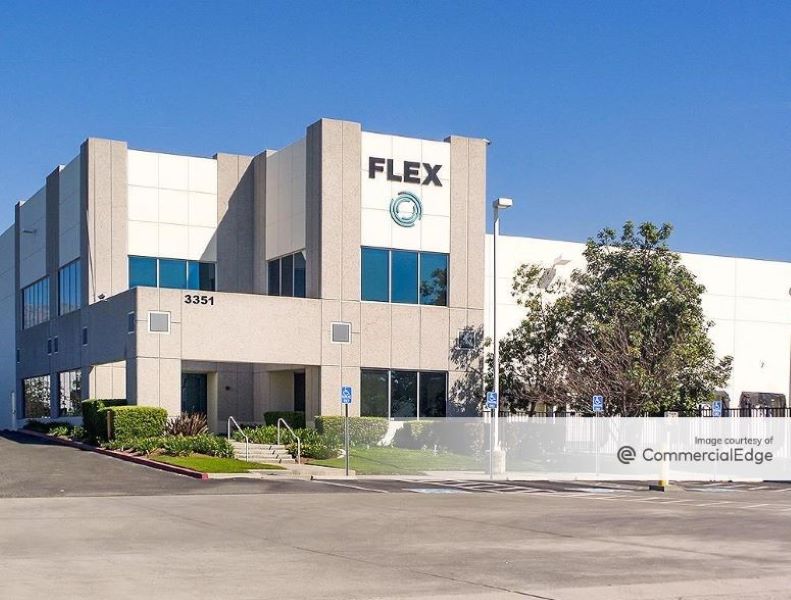Here It Comes Again
By Robert Bach, National Director of Market Analytics, Newmark Grubb Knight Frank: What impact will the looming debt ceiling have on commercial real estate?
By Robert Bach, National Director of Market Analytics, Newmark Grubb Knight Frank
A colleague of mine said I should write an article about the looming debt ceiling debate and the impact it will have on commercial real estate. Ugh. Yes, it’s important, but we’ve seen this movie before, and it was terrible the first time. There are plenty of things I should do but have managed to avoid. Eating more vegetables comes to mind. Nevertheless, here goes:
- Treasury secretary Jack Lew informed Congress that the U.S. will run short of money to pay all its bills in mid-October. Congress must approve raising the debt ceiling, and Republicans are threatening to withhold their approval unless the Obama administration agrees to spending cuts, which it has vowed not to do.
- When it returns from vacation next week, Congress will be preoccupied with whether or not to support a strike on Syria, reducing the time available to negotiate a debt ceiling compromise.
- After the last big debt ceiling debate in the summer of 2011, which went down to the wire, S&P downgraded the U.S. debt rating, triggering stock market volatility and a one-day drop of 5.6 percent in the Dow Jones Industrial Average.
- Despite the ratings downgrade, the 10-year Treasury yield plummeted as investors fled to the perceived safety of U.S. government debt.
- The nonstop coverage in the media probably contributed to a sharp slide in consumer confidence through much of 2011 and a drop in new job creation in July, just as the rhetoric reached a boil.
- The standoff raised government borrowing costs by $1.3 billion in 2011 according to the Government Accountability Office with additional costs in later years.
- As part of the agreement to raise the debt ceiling, Congress and the Obama administration agreed to $85 billion in annual spending cuts from 2013 through 2021, known as the sequester. The cuts are having a positive impact on the deficit and a negative impact on economic growth.
What happened to commercial real estate during this period? Not much on the property market side. Deals take a long time to come to fruition, and cap rates, which moved lower through the year, reflect completed transactions. The capital markets side moved more quickly as REIT prices took a hit along with the broader equity markets and financing costs picked up in the summer, reflecting a heightened level of risk. But conditions settled back down in early 2012.
What is likely to happen this time? The brinksmanship has the potential to rattle global financial markets, creating heightened volatility, falling stock prices and rising interest rates, although it’s possible that 10-year Treasury yields will fall if investors decide to ignore the ratings agencies and treat government debt as a safe harbor – as they did in 2011. That’s not a sign of strength for the financial markets, however. Financing costs could rise as spreads widen and investors flee risk. In a worst case-scenario, the already-fragile economy would slow, construction plans would get put on hold, and … need I say more?
I’m enough of an optimist, cockeyed or otherwise, to believe that won’t happen. Think I’ll go eat some vegetables and hope that, like me, lawmakers will do the right thing.








You must be logged in to post a comment.